Home>Gardening & Outdoor>Garden Tools & Equipment>How Long Should A Lawnmower Battery Last
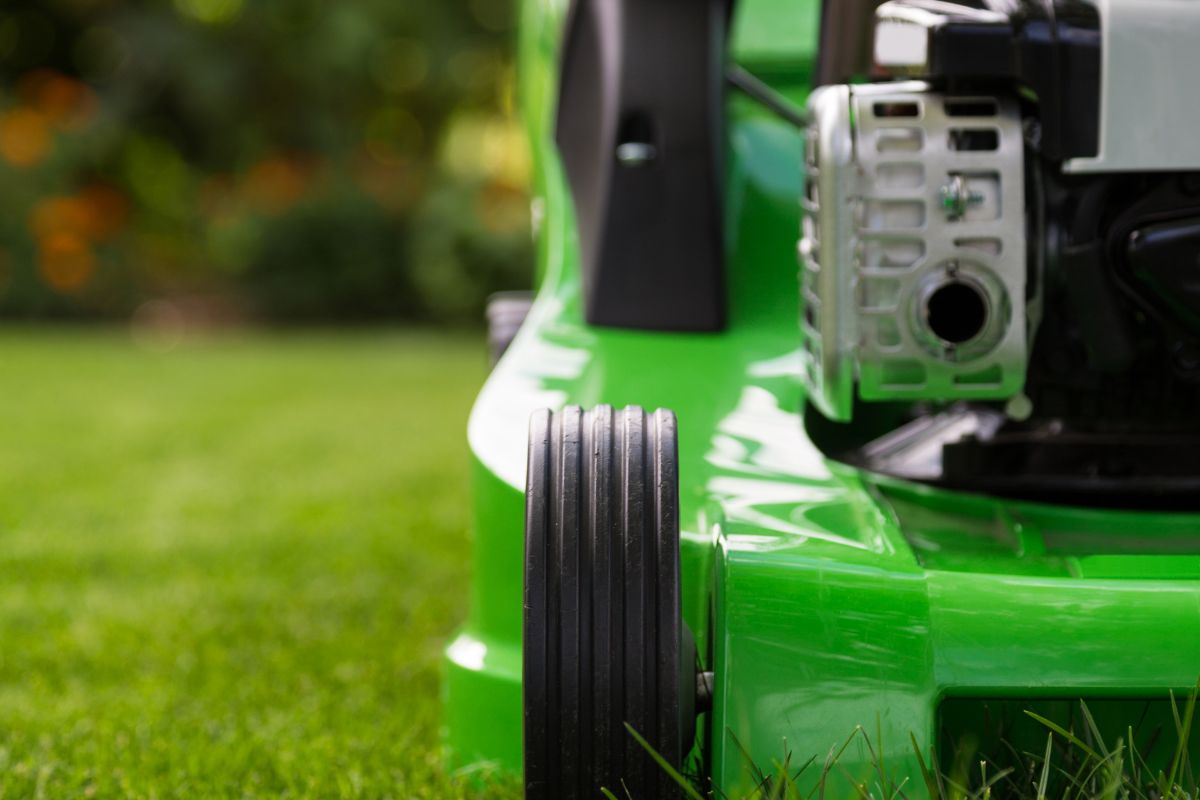

Garden Tools & Equipment
How Long Should A Lawnmower Battery Last
Modified: February 18, 2024
Discover how long a lawnmower battery should last and get tips for maintaining garden tools and equipment. Keep your garden in top shape!
(Many of the links in this article redirect to a specific reviewed product. Your purchase of these products through affiliate links helps to generate commission for Storables.com, at no extra cost. Learn more)
Introduction
Introduction
Welcome to the world of lawn care, where the hum of a lawnmower and the scent of freshly cut grass are synonymous with the beauty of a well-maintained yard. As a proud owner of a trusty lawnmower, you understand the importance of keeping it in top working condition. One crucial component that ensures your lawnmower's performance is the battery. In this article, we will delve into the world of lawnmower batteries, exploring their average lifespan, factors affecting their longevity, signs of a failing battery, maintenance tips for extending their lifespan, and when it's time to consider a replacement. Whether you're a seasoned lawn care enthusiast or a newcomer to the world of yard maintenance, understanding the lifespan and care of your lawnmower battery is essential for maintaining a lush and well-groomed lawn. So, let's embark on this journey to discover the secrets of maximizing the lifespan of your lawnmower battery.
Key Takeaways:
- Regular maintenance, proper charging, and protective storage can extend a lawnmower battery’s lifespan, ensuring reliable performance for a well-groomed lawn.
- Recognizing signs of a failing battery and knowing when to replace it are crucial for preventing unexpected disruptions and maintaining a smoothly operating lawnmower.
Read more: How Long To Charge A Lawnmower Battery
Factors Affecting Lawnmower Battery Lifespan
Several factors play a significant role in determining the lifespan of a lawnmower battery. Understanding these factors can help you make informed decisions and take proactive measures to prolong the battery’s longevity.
- Quality of the Battery: The quality and construction of the battery itself are primary determinants of its lifespan. High-quality batteries, often equipped with advanced technology, tend to have a longer lifespan compared to lower-quality alternatives. When purchasing a replacement battery, opt for reputable brands known for their durability and performance.
- Maintenance Practices: Regular maintenance, including cleaning the battery terminals, ensuring proper ventilation, and keeping the battery charged, significantly impacts its lifespan. Neglecting maintenance can lead to corrosion, reduced efficiency, and ultimately, a shorter lifespan.
- Usage Frequency: The frequency and duration of use also affect the battery’s lifespan. Frequent, prolonged use can accelerate wear and drain the battery’s charge more rapidly. Additionally, irregular usage patterns, such as extended periods of inactivity followed by heavy use, can impact the battery’s overall health.
- Environmental Conditions: The environment in which the lawnmower operates plays a crucial role. Exposure to extreme temperatures, excessive moisture, and corrosive elements can degrade the battery’s components and lead to a shortened lifespan. Proper storage and protection from harsh weather conditions can mitigate these effects.
- Charging Practices: Overcharging or undercharging the battery can detrimentally impact its lifespan. Following the manufacturer’s guidelines for charging intervals and techniques is essential for maximizing the battery’s longevity. Additionally, using a compatible charger designed for your specific battery type is crucial for optimal performance.
By considering these factors and implementing appropriate measures, such as investing in a high-quality battery, adhering to a regular maintenance schedule, and creating a conducive operating environment, you can effectively extend the lifespan of your lawnmower battery.
Signs of a Failing Lawnmower Battery
Recognizing the signs of a failing lawnmower battery is essential for preventing unexpected operational disruptions and addressing potential issues before they escalate. By staying vigilant and identifying these indicators, you can take proactive steps to maintain your lawnmower’s performance. Here are the common signs that may indicate a failing lawnmower battery:
- Slow or Inconsistent Cranking: When starting your lawnmower, if you notice that the engine cranks slowly or inconsistently, it could be a sign of a weakening battery. This symptom often indicates that the battery lacks sufficient power to initiate the engine’s combustion process effectively.
- Weakened Ignition Spark: A failing battery may lead to a weakened ignition spark, resulting in difficulty starting the engine or intermittent stalling during operation. If you experience ignition-related issues, the battery’s condition should be evaluated as part of the diagnostic process.
- Dimming Headlights or Electronics: Diminished brightness in the lawnmower’s headlights or electronic components, such as the dashboard display or safety lights, can be indicative of a declining battery. These symptoms suggest that the battery struggles to provide consistent power to the electrical system.
- Clicking Noises: When attempting to start the lawnmower, if you hear rapid clicking noises without the engine turning over, it may signal a weak or failing battery. The repetitive clicking sound often occurs when the battery cannot deliver sufficient power to engage the starter motor effectively.
- Corrosion and Leakage: Physical signs of corrosion on the battery terminals or leakage of electrolyte fluid indicate potential battery issues. Corrosion can impede the flow of electrical current, while leakage compromises the battery’s structural integrity and electrical conductivity.
By remaining attentive to these warning signs and promptly addressing any observed symptoms, you can mitigate the risk of unexpected battery failures and ensure the consistent performance of your lawnmower. Regularly inspecting the battery and conducting diagnostic tests can help identify potential issues early, allowing for timely maintenance or replacement as needed.
A lawnmower battery should last around 3-5 years with proper maintenance. To extend its lifespan, keep it clean, fully charged, and store it in a cool, dry place during the off-season.
Maintenance Tips for Extending the Lifespan of a Lawnmower Battery
Proper maintenance is paramount for maximizing the lifespan and performance of your lawnmower battery. By incorporating these essential maintenance practices into your routine, you can ensure that your battery remains in optimal condition, thereby extending its longevity and preserving its reliability.
- Regular Cleaning and Inspection: Routinely inspect the battery terminals for any signs of corrosion or buildup. Use a mixture of baking soda and water to clean the terminals, and ensure they are tightly secured to maintain a strong connection. Additionally, inspect the battery case for any cracks or damage that may lead to leakage.
- Charging Protocol: Adhere to the manufacturer’s guidelines for charging the battery. Avoid overcharging or undercharging, as these practices can compromise the battery’s overall health. Invest in a quality charger designed for your specific battery type and follow recommended charging intervals to maintain optimal performance.
- Storage Considerations: When storing your lawnmower during periods of inactivity, disconnect the battery and store it in a cool, dry place. Extreme temperatures can accelerate battery degradation, so ensuring proper storage conditions can help preserve its longevity.
- Usage Patterns: If possible, avoid prolonged periods of inactivity followed by heavy usage. Regularly using the lawnmower helps maintain the battery’s charge and overall health. If the mower will be idle for an extended period, consider using a maintenance charger to keep the battery in good condition.
- Protective Measures: Shield the battery from environmental elements such as excessive moisture, direct sunlight, and corrosive substances. Consider installing a protective cover or housing to safeguard the battery from potential damage caused by external factors.
- Electrolyte Levels: For batteries with removable caps, check the electrolyte levels and top them up with distilled water as needed. Ensure that the electrolyte remains at the appropriate level to support the battery’s internal chemical processes.
By integrating these maintenance tips into your lawnmower care regimen, you can significantly enhance the lifespan and efficiency of your battery, ultimately contributing to the seamless operation of your lawnmower. Consistent attention to maintenance not only prolongs the battery’s lifespan but also promotes the overall reliability and performance of your lawnmower.
When to Replace a Lawnmower Battery
Knowing when to replace your lawnmower battery is crucial for maintaining the uninterrupted functionality of your equipment. While proper maintenance can extend the battery’s lifespan, there comes a time when replacement is inevitable. Understanding the signs that indicate the need for a new battery empowers you to make timely and informed decisions, ensuring that your lawnmower continues to operate efficiently. Here are the key indicators that suggest it may be time to replace your lawnmower battery:
- Diminished Cranking Power: If the engine cranks slowly or struggles to start, even after a full charge, it may signify a decline in the battery’s cranking power. This symptom indicates that the battery no longer provides the necessary energy to initiate the engine’s combustion process effectively.
- Age and Usage: Consider the age and usage history of the battery. Most lawnmower batteries have a typical lifespan of three to five years, depending on various factors. If your battery is reaching or surpassing this timeframe, or if it has undergone extensive use, it may be prudent to proactively replace it to prevent unexpected failures.
- Corrosion and Physical Damage: Examine the battery for signs of corrosion on the terminals or visible physical damage to the case. Corrosion can impede the flow of electrical current, while structural damage compromises the battery’s integrity and performance. If these issues are present, replacement may be necessary.
- Electrolyte Levels and Leakage: For batteries with removable caps, monitor the electrolyte levels and check for any signs of leakage. Low electrolyte levels or leakage indicate internal damage and can significantly impact the battery’s functionality, warranting replacement.
- Consistent Ignition Problems: If you experience persistent ignition-related issues, such as difficulty starting the engine or intermittent stalling, despite other components being in good condition, the battery may be the underlying cause. Replacing the battery can address these performance issues.
When the aforementioned signs become apparent, it is advisable to consider replacing the lawnmower battery to maintain the equipment’s reliability and prevent potential operational disruptions. By proactively addressing battery-related concerns, you can uphold the consistent performance of your lawnmower and ensure a seamless lawn care experience.
Read more: How Long Does A Lawnmower Last
Conclusion
As a dedicated caretaker of your lawn and garden, understanding the intricacies of your lawnmower battery is essential for preserving the longevity and efficiency of your equipment. By recognizing the factors that influence battery lifespan, familiarizing yourself with signs of deterioration, implementing proactive maintenance practices, and knowing when to consider a replacement, you can effectively manage and optimize the performance of your lawnmower.
Embracing a proactive approach to battery care, including regular cleaning, adherence to charging protocols, and protective storage measures, can significantly extend the lifespan of your lawnmower battery. By prioritizing these maintenance practices, you not only enhance the battery’s longevity but also contribute to the overall reliability and performance of your lawnmower, ensuring that it remains a steadfast companion in your yard maintenance endeavors.
Recognizing the signs that indicate the need for a new battery empowers you to make timely decisions, preventing unexpected operational disruptions and maintaining the seamless functionality of your lawnmower. By remaining attentive to these indicators and taking proactive steps when necessary, you can uphold the reliability and efficiency of your equipment, ultimately enhancing the quality of your lawn care activities.
In conclusion, by integrating the insights and practices outlined in this article into your lawn care routine, you can ensure that your lawnmower battery remains a steadfast and reliable power source, supporting the pristine appearance of your lawn and garden for years to come.
Frequently Asked Questions about How Long Should A Lawnmower Battery Last
Was this page helpful?
At Storables.com, we guarantee accurate and reliable information. Our content, validated by Expert Board Contributors, is crafted following stringent Editorial Policies. We're committed to providing you with well-researched, expert-backed insights for all your informational needs.







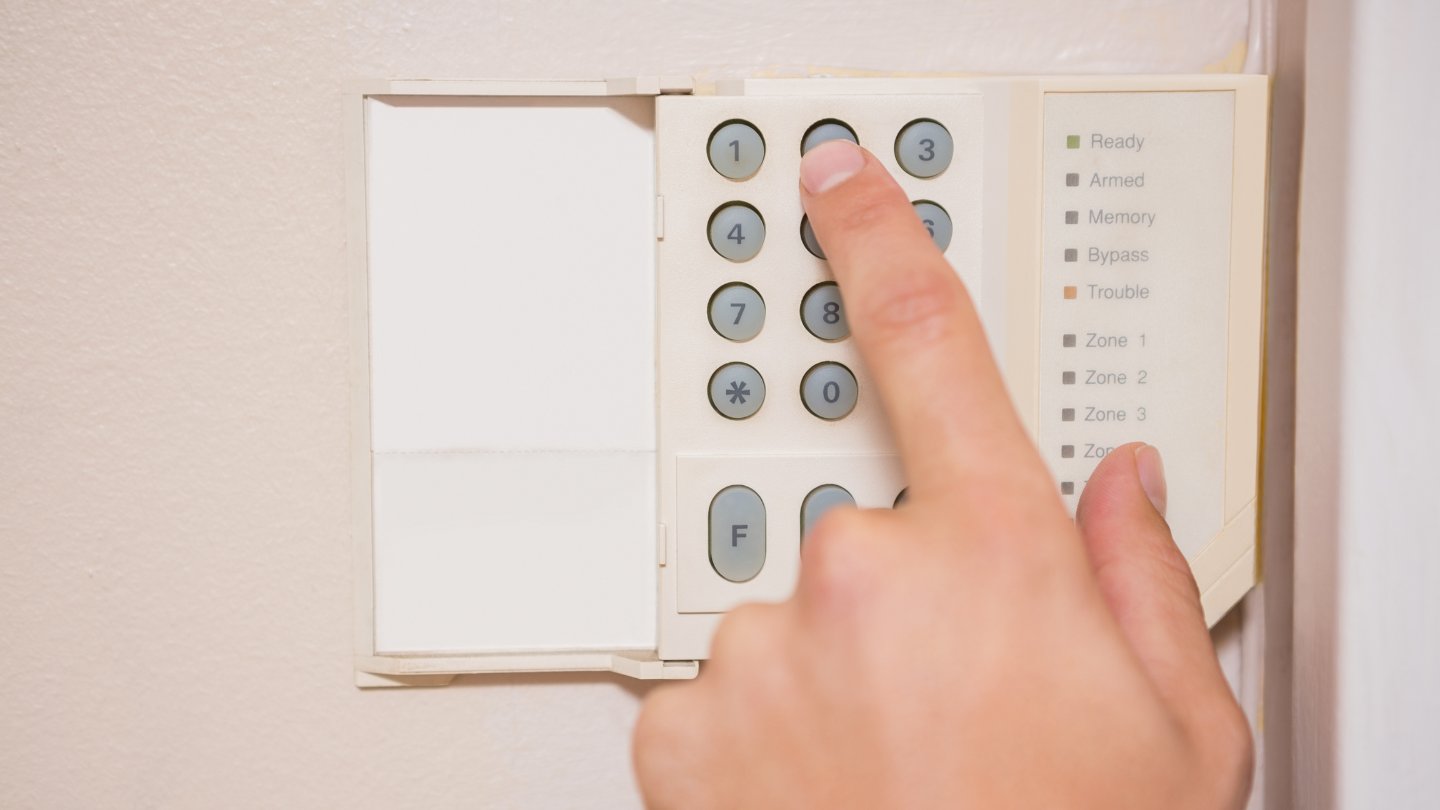
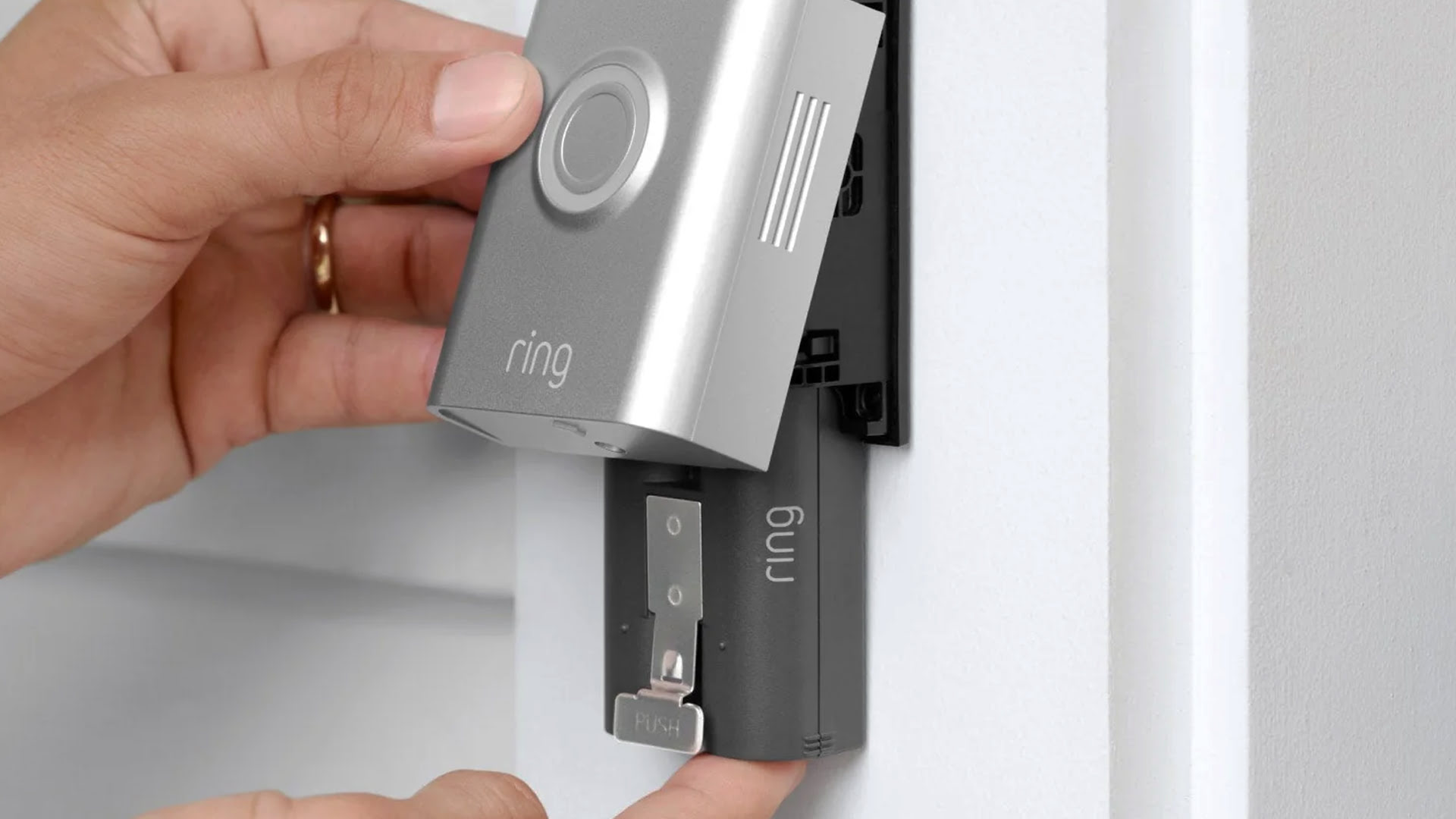

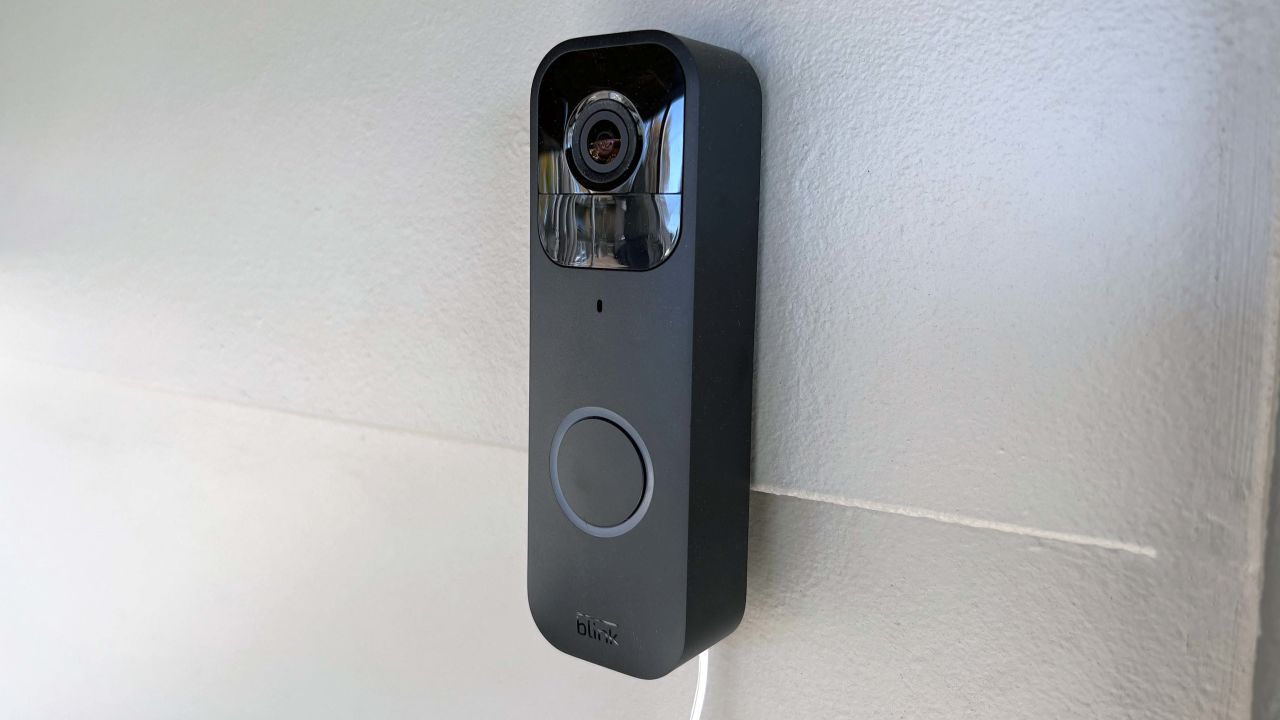


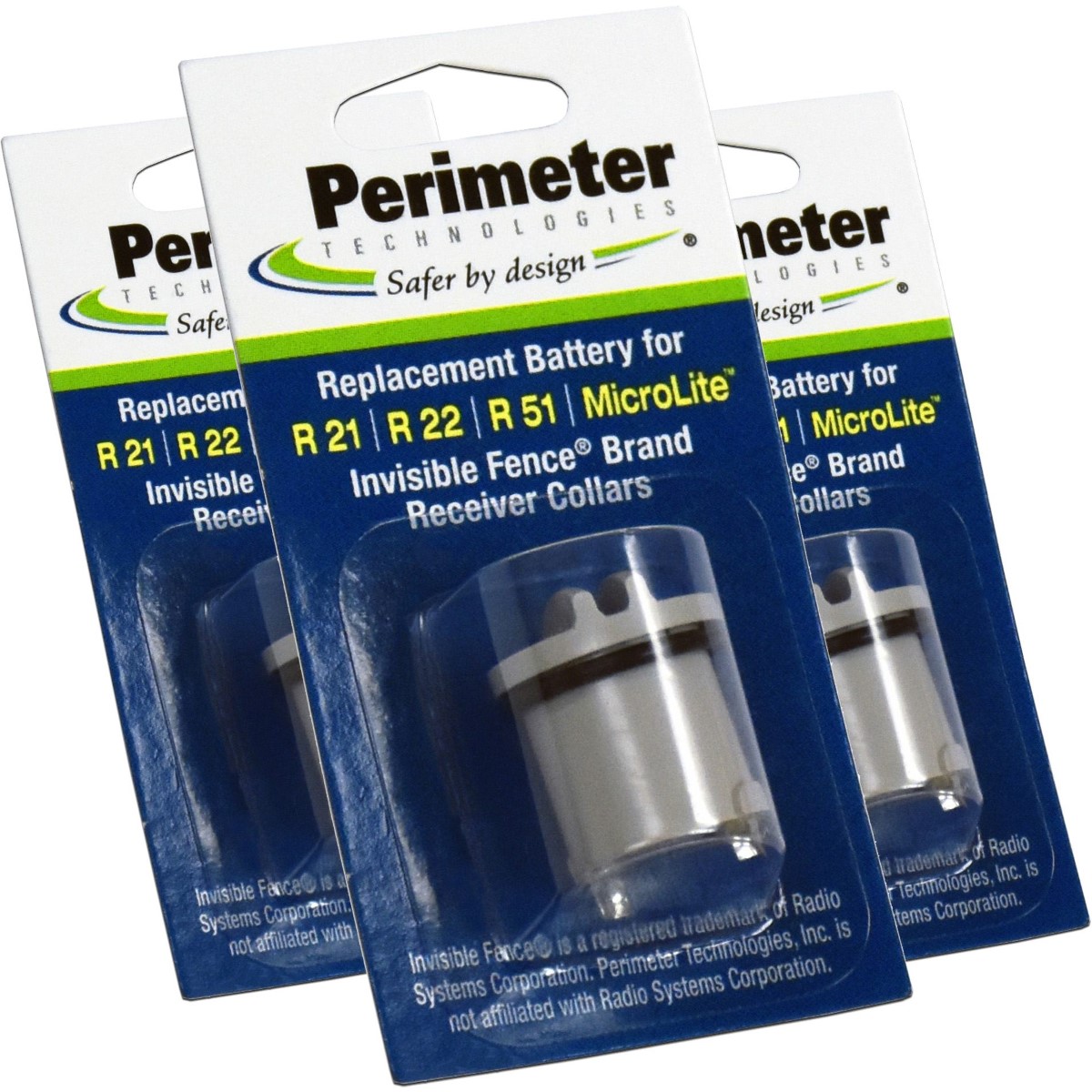

0 thoughts on “How Long Should A Lawnmower Battery Last”